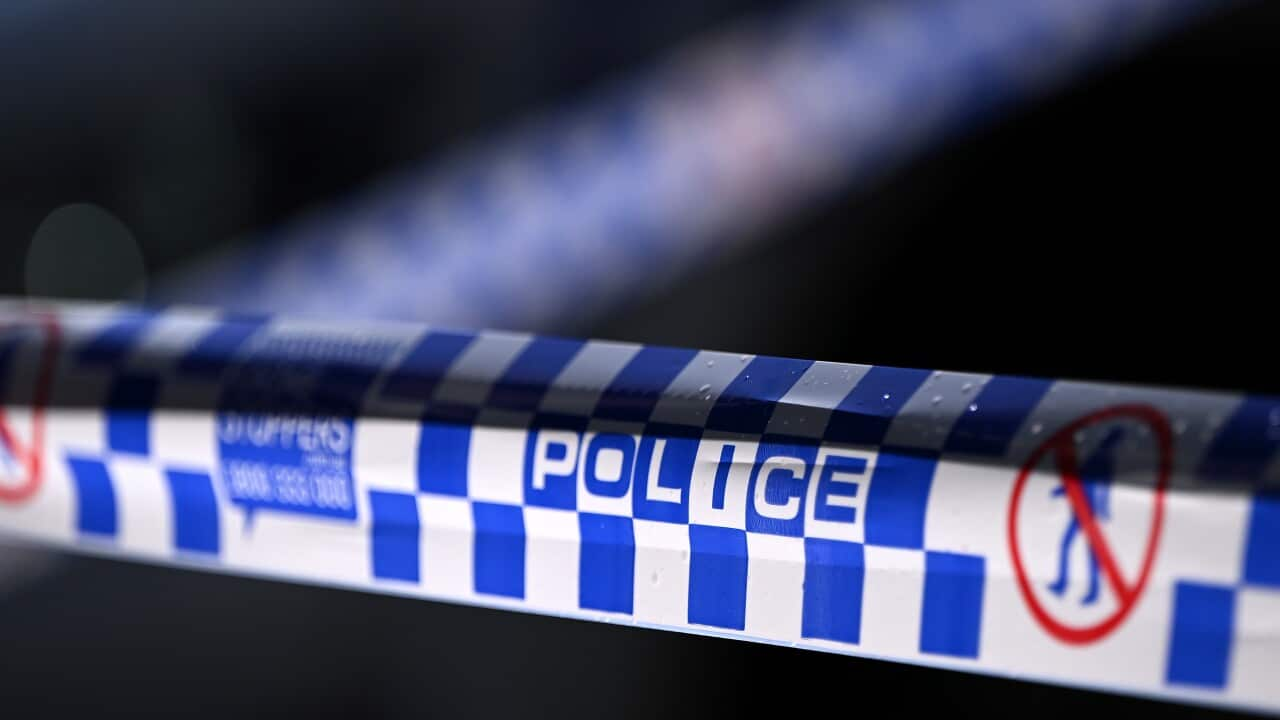Family violence workers hold major concerns about police misidentifying victims as perpetrators, minimising or downplaying violence and discriminating against marginalised groups.
That's according to a survey of 225 frontline family violence experts, including support workers and lawyers, on family violence policing in Victoria.
Family violence experts completed the survey in 2020/21, and the results were released on Thursday by Flat Out Inc, an advocacy and support service for women, trans and gender-diverse people with experience of the justice system.
The report into Victoria Police found officers' responses to family violence can bring harm or replicate power and control dynamics that underpin abuse.
Some 90 per cent of those surveyed said they had witnessed police discrimination or bias, and 83 per cent said they had witnessed police misidentifying the victim-survivor as the perpetrator.
They also reported cases of police minimising violence, colluding with perpetrators, avoiding accountability and "institutionally protecting" officers who committed abuse.
Researchers noted many professionals reported police "targeting and discriminating" against Aboriginal and Torres Strait Islander people, migrant communities, LGBTIQ+ people, people living with disability and other groups.
Aboriginal and migrant women 'overwhelmingly' being misidentified as perpetrators
Peta Malins, senior lecturer in criminology and justice studies at RMIT and the report's co-author, said the testimony from family violence workers was a "significant indictment of Victoria Police and their role in family violence response across this state".
Lauren Caulfield, another one of the report's co-authors, said family violence workers had witnessed "huge rates" of police bias and discrimination, including racial targeting.
"What this research really strongly tells us, in terms of who is being misidentified, is that this incorrect identification is overwhelmingly happening to Aboriginal women, it's happening to migrant women and refugee women," Caulfield said.
"There are very particular people who are being disbelieved by police, and rather than receiving support and assistance, they're actually being identified as perpetrators. They're being targeted and they're being criminalised in the course of police responses to family violence," Caulfield said.
Caulfield said more than 50 per cent of respondents reported that they had encountered a situation in which the person perpetrating the family violence was themselves a police officer, and many of them had encountered that on more than one occasion.
Report authors call for move away from police in family violence responses
Family violence sector workers are in a unique position to observe police practices by witnessing them firsthand and through the experience of people they support, she said, adding the harms "are not standalone mistakes or failures".
The authors called for a move away from policing and towards investment in community-led family violence responses.
"In this case, the harm is so sweeping, it is so widespread, that we're really calling for a fundamental rethink of the role of police in the family violence service system," Caulfield said.
A Victoria Police spokesperson said the force was not involved in the research and noted it was conducted in 2020/21.
They said police work closely with sector-wide partners and regularly engage with support groups and professionals to strengthen their response to family violence.
"The safety of victims is at the forefront of everything we do," they said.
All police receive extensive family violence training, including how to identify predominant aggressors, and more than 90 per cent of officers had completed Aboriginal cultural awareness training, the spokesperson said.
"We know it's especially difficult for victim-survivors to come forward when their perpetrator is a police officer," they said.
"That's why we created a team specifically tasked with tackling this issue, skilled in supporting victims and understanding the tactics police perpetrators use."
About one in four Australian women has experienced family violence involving an intimate partner, according to Australian Institute of Health and Welfare data.
— With reporting by Cam Gooley
If you or someone you know is impacted by family and domestic violence, call 1800RESPECT on 1800 737 732, text 0458 737 732, or visit 1800RESPECT.org.au. In an emergency, call 000.
The Men’s Referral Service, operated by No to Violence, can be contacted on 1300 766 491.
For the latest from SBS News, download our app and subscribe to our newsletter.

